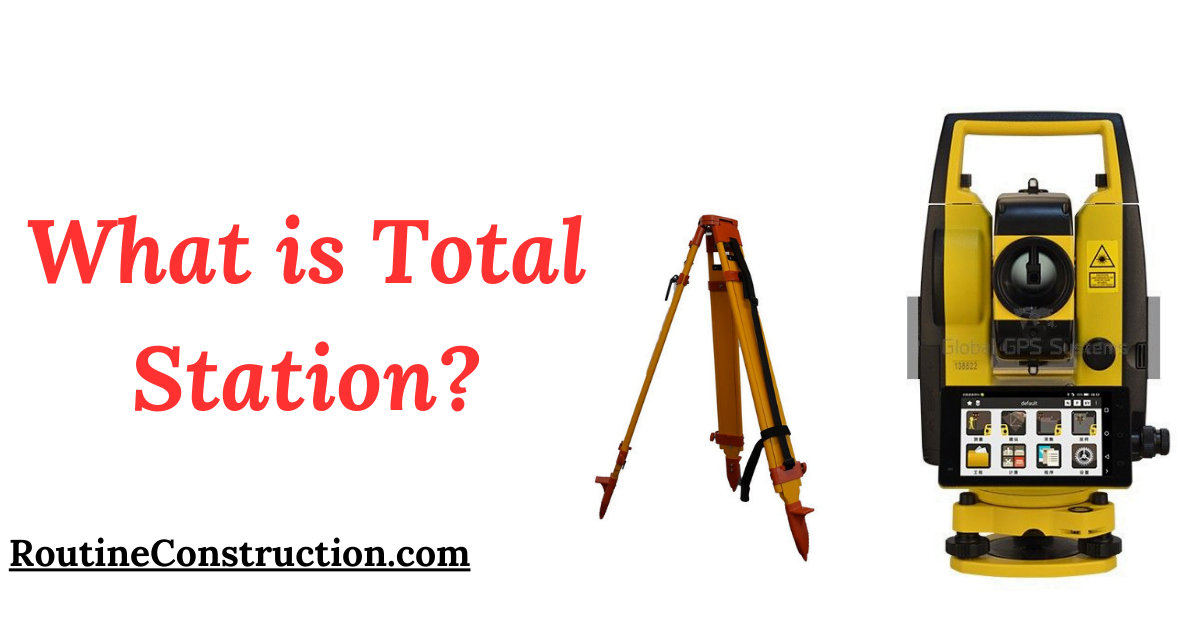In this article, you will read about what a total station is and its various applications.
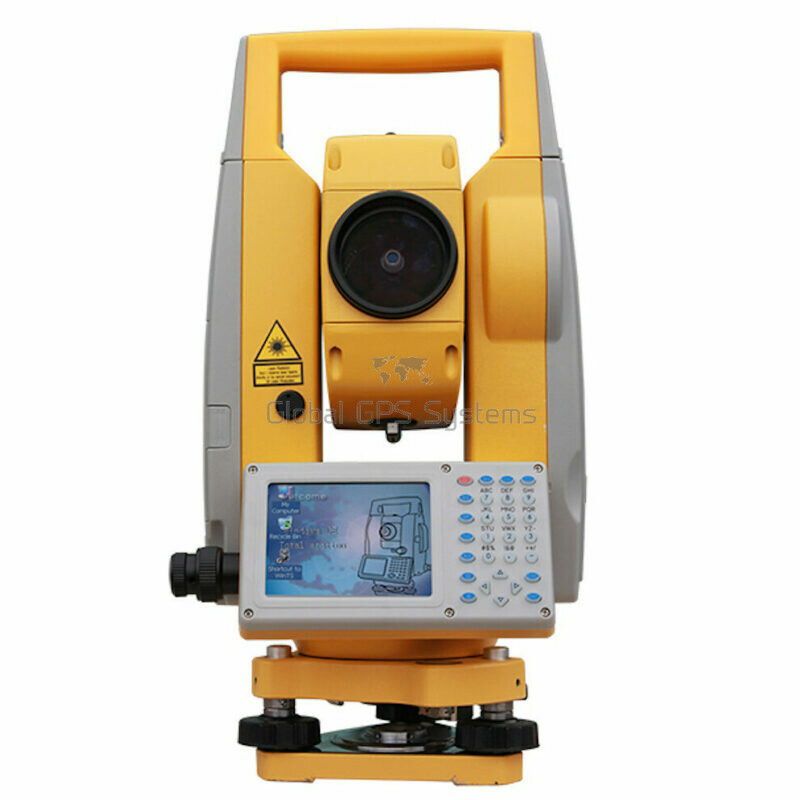
What is Total Station?
A total station is a modern electronic/optical device used in surveying and building construction.. It combines an electronic transit theodolite with an electronic distance meter (EDM). Additionally, it integrates a microprocessor, an electronic data collector, and a storage system.
How Does a Total Station Work?
A total station measures the sloping distance of an object, horizontal angles, and vertical angles. The microprocessor within the unit processes the collected data to calculate horizontal distances, coordinates of points, and reduced levels of points. The data collected can be downloaded to computers for further analysis.
Applications of Total Stations
Total stations are primarily used by land surveyors and civil engineers for recording features in topographic surveying or for setting out features such as roads, houses, or boundaries. They are also used by archaeologists for recording excavations and by police and crime scene investigators, as well as private accident reconstructionists and insurance companies, for taking measurements of scenes.
Types of Total Stations
Manual Total Stations
Manual total stations are traditional and operated by a human surveyor who manually points and measures each target. They are simple to use, require minimal training, and are relatively inexpensive, making them suitable for small-scale projects. However, they operate more slowly and are more susceptible to human error.
Popular Manual Total Stations
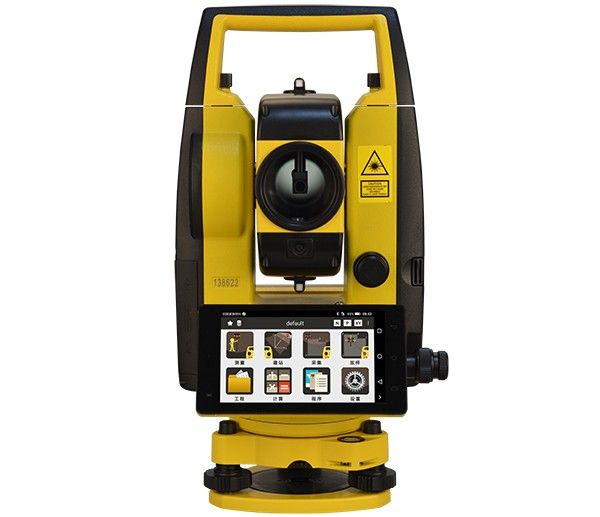
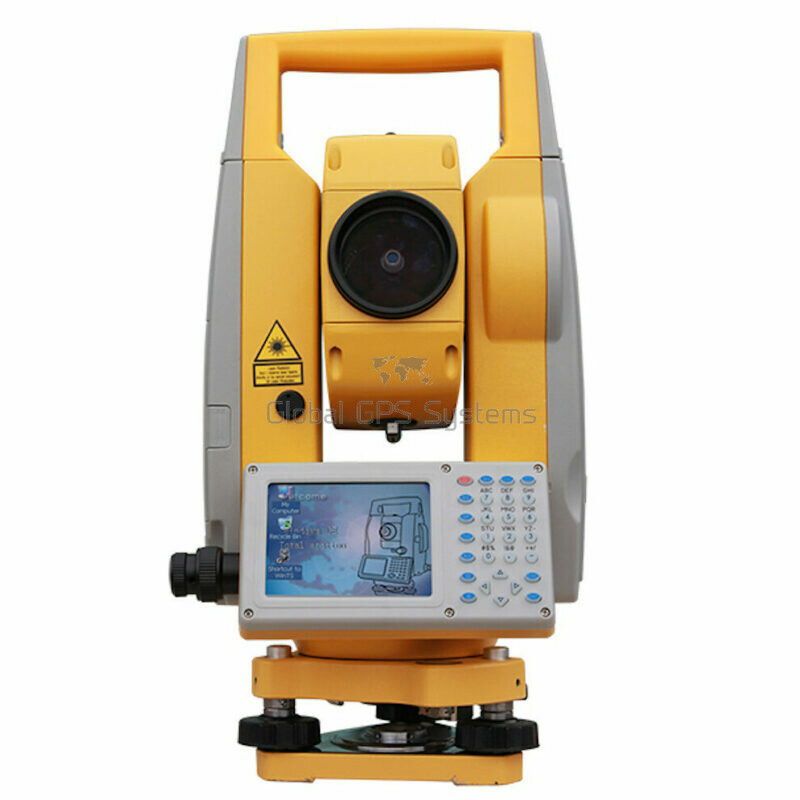

- South A1 Android Total Station
- South N7/N9 Series
Robotic Total Stations
Robotic total stations are controlled remotely using a computer or handheld controller. They offer speed and efficiency, reducing human error and allowing measurements from safe distances. They are ideal for large-scale projects but are more expensive and complex.
Popular Robotic Total Stations
- Carlson CRx Series
- Stonex R80 Robotic Total Station
Key Features of a Total Station
- High accuracy: Measures angles with up to 1-second arc accuracy and distances with up to 2mm + 2ppm accuracy.
- Automatic target recognition: Some models can automatically recognize and lock onto targets.
- Onboard data storage: Facilitates easy data transfer for further analysis.
- Remote control: Allows for taking measurements from a safe distance.
- On-board software: Advanced data processing and analysis, including 3D models and maps.
Applications of Total Stations
- Construction: Data collection for building layouts, foundations, walls, and roofs.
- Engineering: Data collection for roads, bridges, and infrastructure projects.
- Land Surveying: Boundary surveys, topographic surveys, and property surveys.
- Mining: Data collection for mine planning, tunnel layouts, and mineral deposit locations.
- Archaeology: Mapping ruins and measuring artifacts.
Advantages of Using a Total Station
- Efficiency: Measures both angles and distances, saving time.
- Versatility: Suitable for layout, stakeout, and as-built surveys.
- Reduced human error: Features like automatic target recognition and remote control.
- Increased accuracy: Ensures reliable data for detailed mapping and modeling.
- Cost-effective: Eliminates the need for multiple instruments and reduces manual labor.
Advancements in Total Stations Technology
- Reflectorless Total Stations: Use laser beams for distance measurement without needing a reflector.
- 3D Scanning Total Stations: Capture 3D point clouds for detailed models.
- Bluetooth and Wi-Fi connectivity: Enable real-time data transfer.
- GNSS integration: Provides accurate measurements in challenging environments.
Total Station Accessories
- Tripods: Ensure stability and level measurements.
- Prisms: Enhance measurement accuracy.
- Data collectors: Facilitate data storage and transfer.
Examples of Total Station Accessories
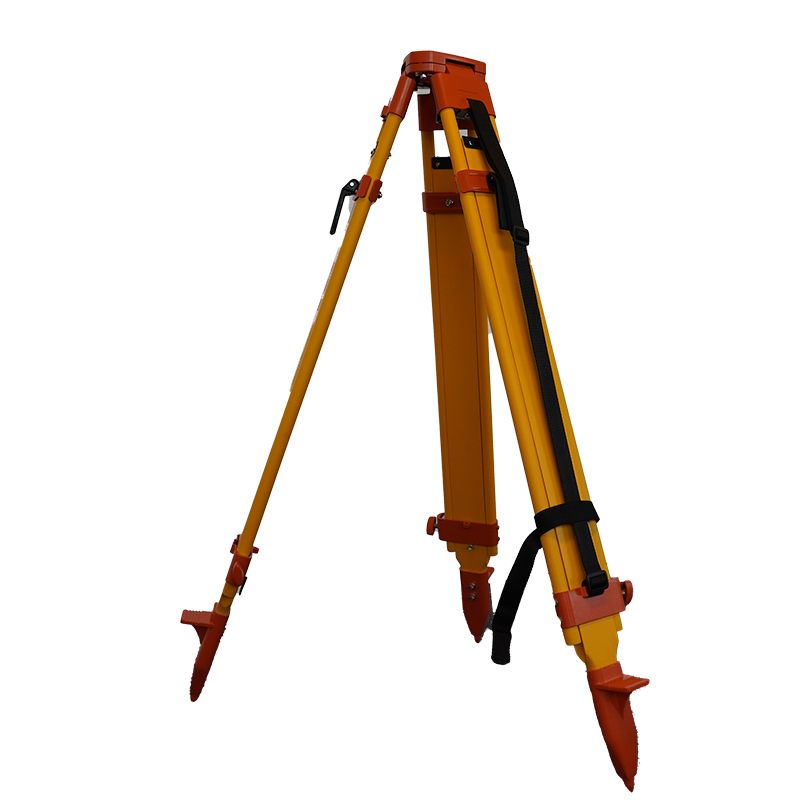
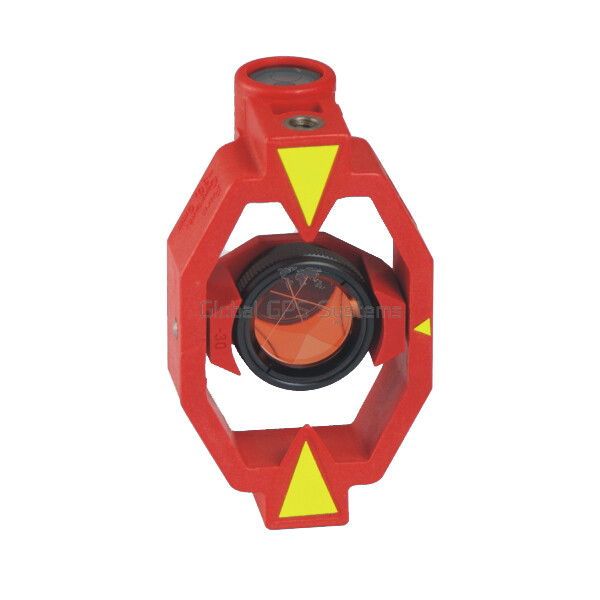
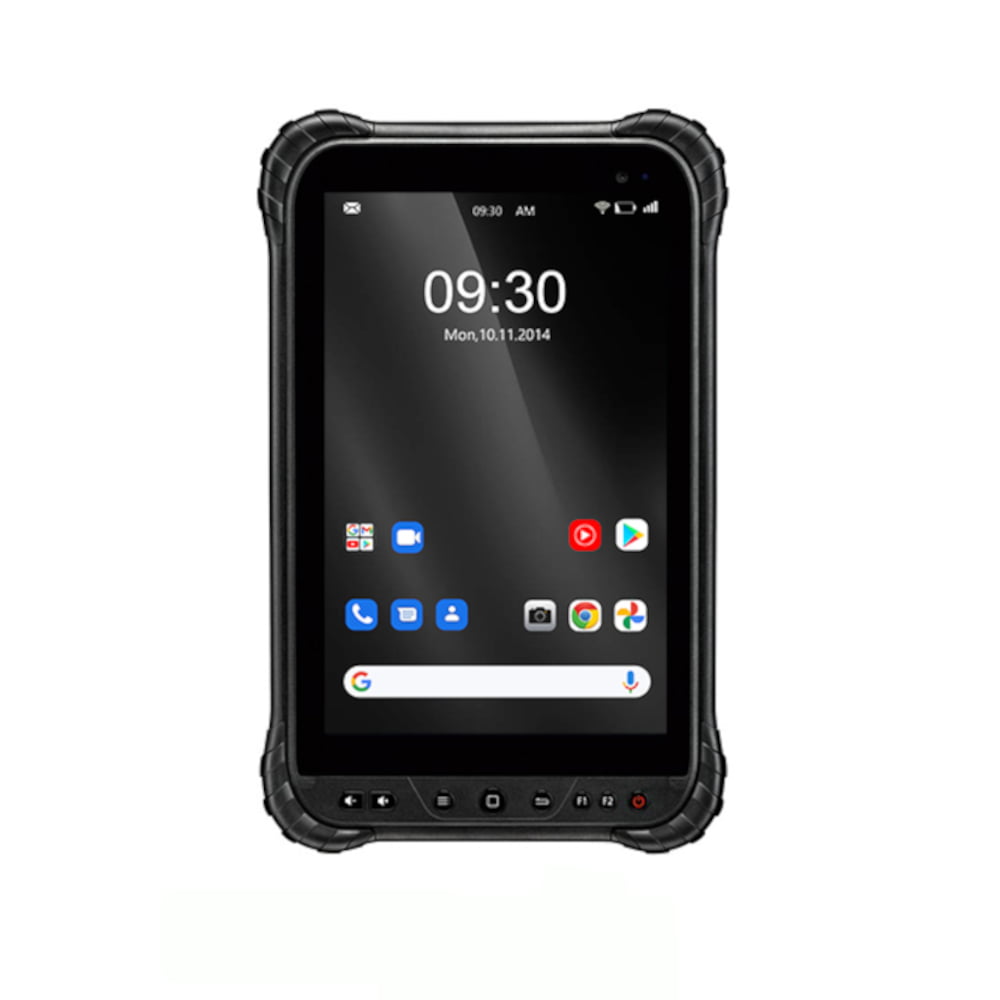
- South ATS MP3 Wood-Fiber Tripod
- Mini Prism 25.4mm with Section Pole
- RTK FIX T1 Data Collector
Selecting the Ideal Total Station for Your Project
When selecting a total station, consider your project’s specific needs, budget, and expertise. For small-scale projects, a manual total station might be sufficient. For large-scale projects requiring quick and accurate data collection, a robotic total station may be more appropriate. It’s also crucial to stay informed about technological advancements, such as reflectorless measurement and 3D scanning, which can enhance survey accuracy and efficiency.
Conclusion
In conclusion, total stations are indispensable tools for surveyors and engineers, offering precise and comprehensive data for various applications in construction, land surveying, mining, archaeology, and more. Technological advancements have resulted in sophisticated instruments like reflectorless total stations and 3D scanning capabilities, enhancing survey accuracy and efficiency. When choosing a total station, considering project needs, budget, and technological features is crucial for optimal performance and data collection.
